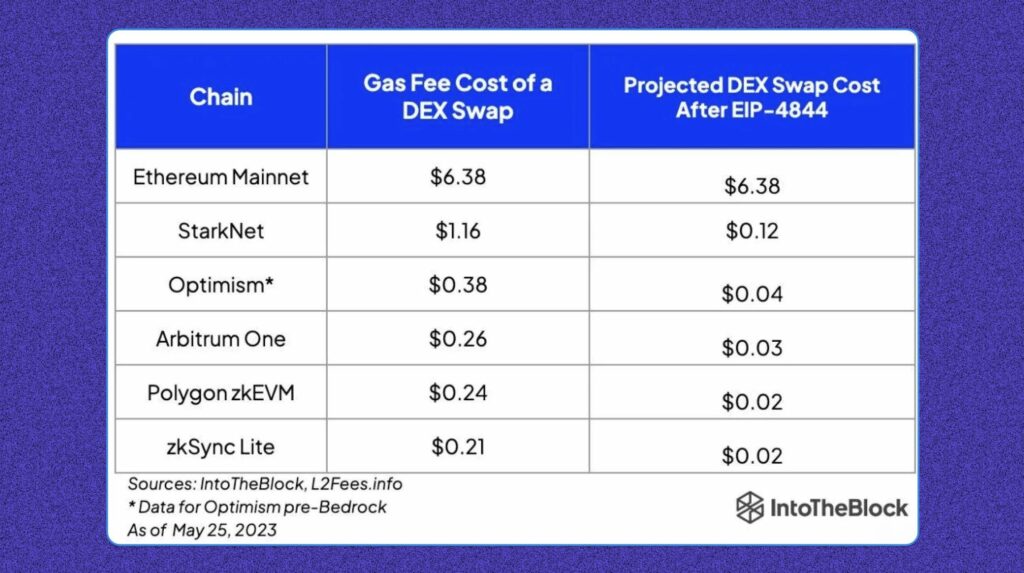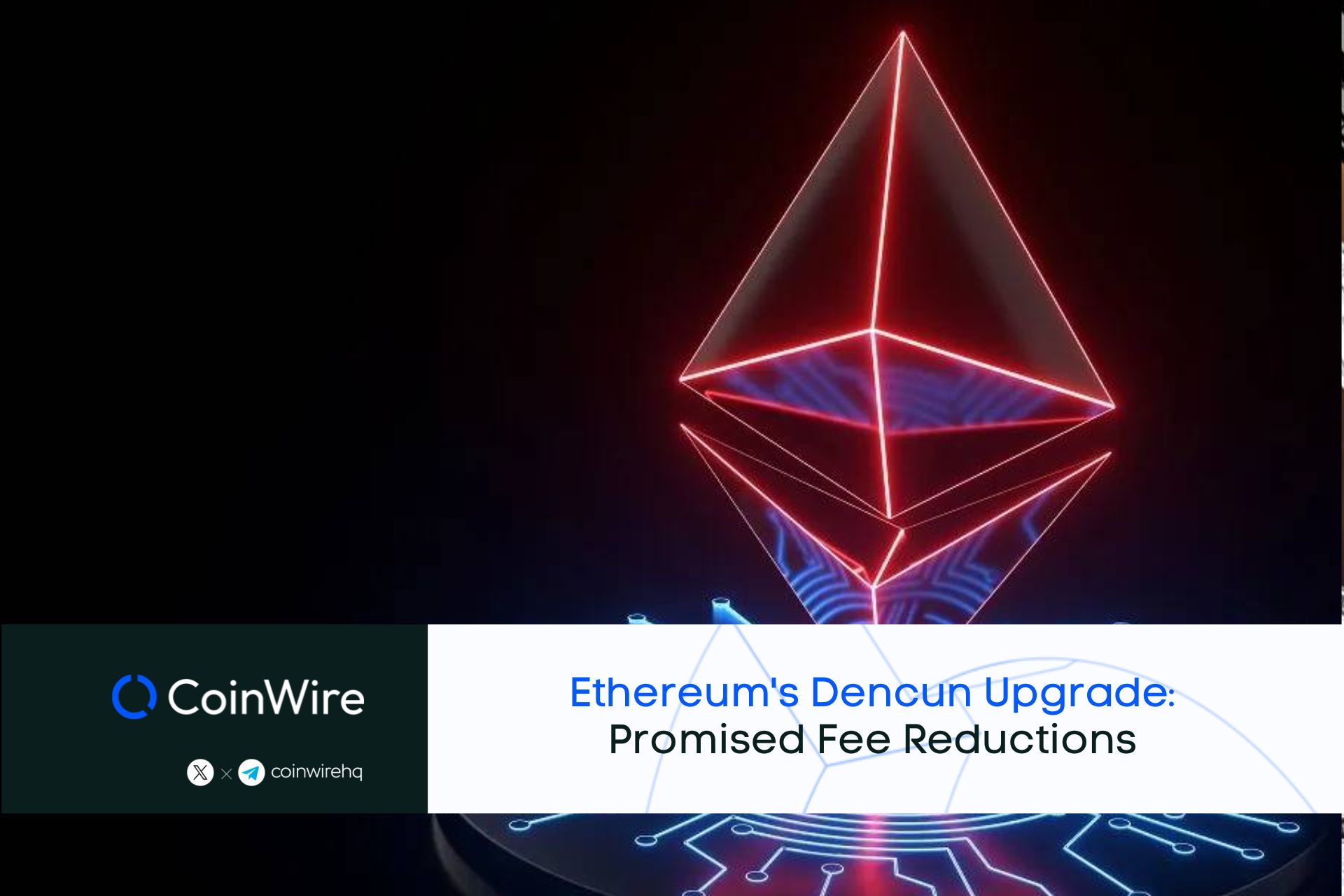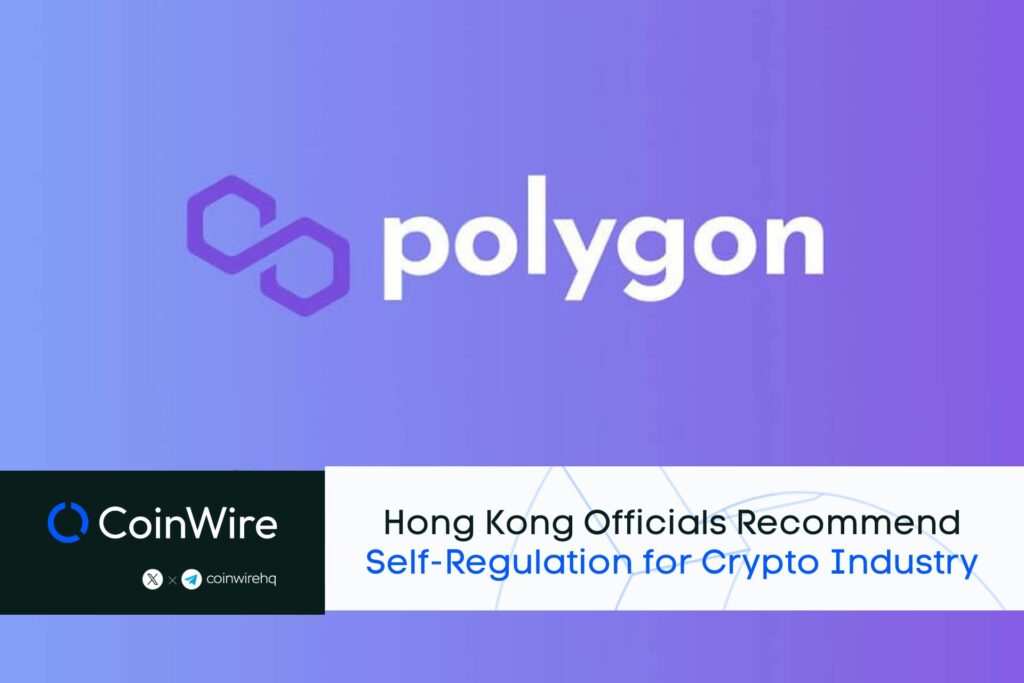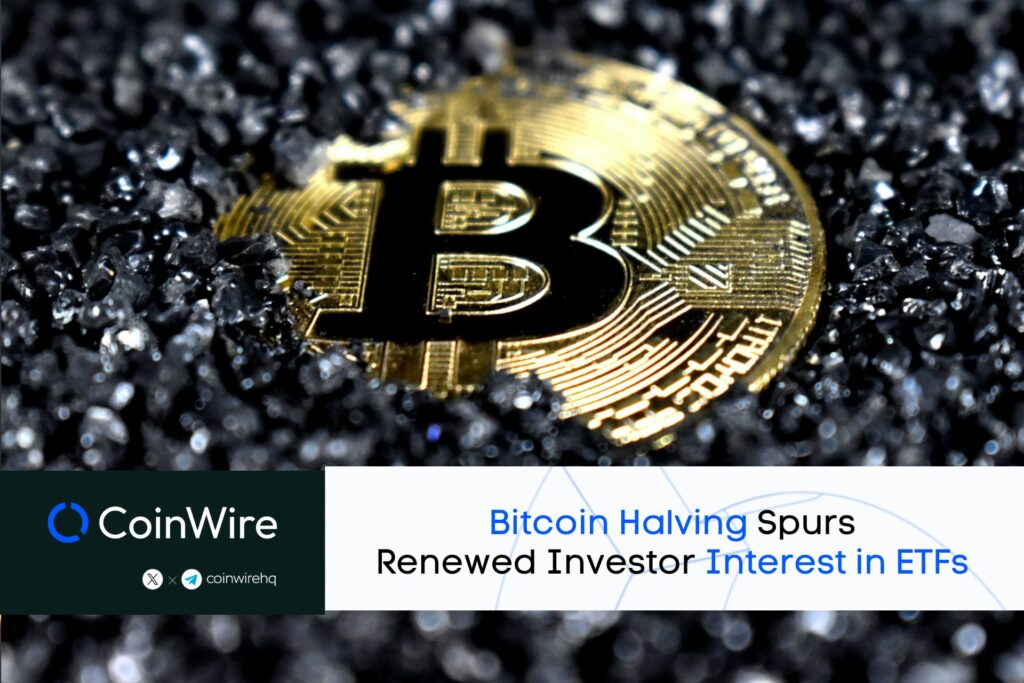Ethereum, the world’s leading smart contract platform, has recently witnessed the deployment of its highly anticipated Dencun upgrade on the mainnet, marking the most significant enhancement since the Merge. Rolled out successfully at 1:55 pm UTC on March 13, the upgrade aims to address the persistent challenges of layer-2 networks and boost Ethereum’s overall scalability. While celebrated as a step in the right direction, the Dencun upgrade faces skepticism from some blockchain experts, including Arthur Breitman of Tezos, who highlights that it may only address the bare minimum of improving data usability for rollups on Ethereum.
Dencun’s Nine EIPs and Unique Features

The Dencun hard fork encompasses nine Ethereum Improvement Proposals (EIPs) and is named after combining the Cancun and Deneb upgrades. The Cancun aspect concentrates on refining transaction management and processing on the execution layer, while Deneb targets enhancements in the consensus layer. Notably, one of the standout features introduced through EIP-4844, also known as proto-danksharding, involves the implementation of data blobs. According to James Wo, CEO of Digital Finance Group, this feature aims to reduce layer-2 transaction fees by improving data availability, a critical step towards establishing Ethereum as a scalable settlement layer.
Read more: Ethereum (ETH) Hits $4,000: Bullish Momentum and Upgrades Ahead
Expert Opinions and Real-world Impact
Despite the optimistic outlook surrounding Dencun’s fee reduction promises, skepticism remains. Arthur Breitman warns that Ethereum’s rollups may still face throughput constraints and resort to extreme centralization measures. Furthermore, Max Wadington, a research analyst at Fidelity Investments, points out in a report that while users can benefit from fee changes by transacting on layer-2 solutions, it may come at the cost of sacrificing some decentralization and security. Gas fees on the Ethereum mainnet, currently exceeding 72 gwei at the time of writing this article, continue to pose a challenge for users, with average swap and NFT sales incurring significant gas expenses.
Read more: SEC Delays Decision on Fidelity’s Ethereum ETF Amidst Coinbase Legal Battle
Conclusion
The deployment of the Dencun upgrade on the Ethereum mainnet is a momentous event, promising to tackle transaction fees and enhance scalability. However, the cautious sentiments expressed by industry experts highlight the ongoing challenges facing layer-2 solutions. As Ethereum continues to evolve, finding the delicate balance between scalability, decentralization, and security remains a complex task. The coming months will reveal the true impact of the Dencun upgrade and its role in shaping the future of the Ethereum network.






